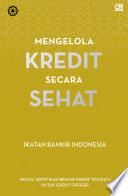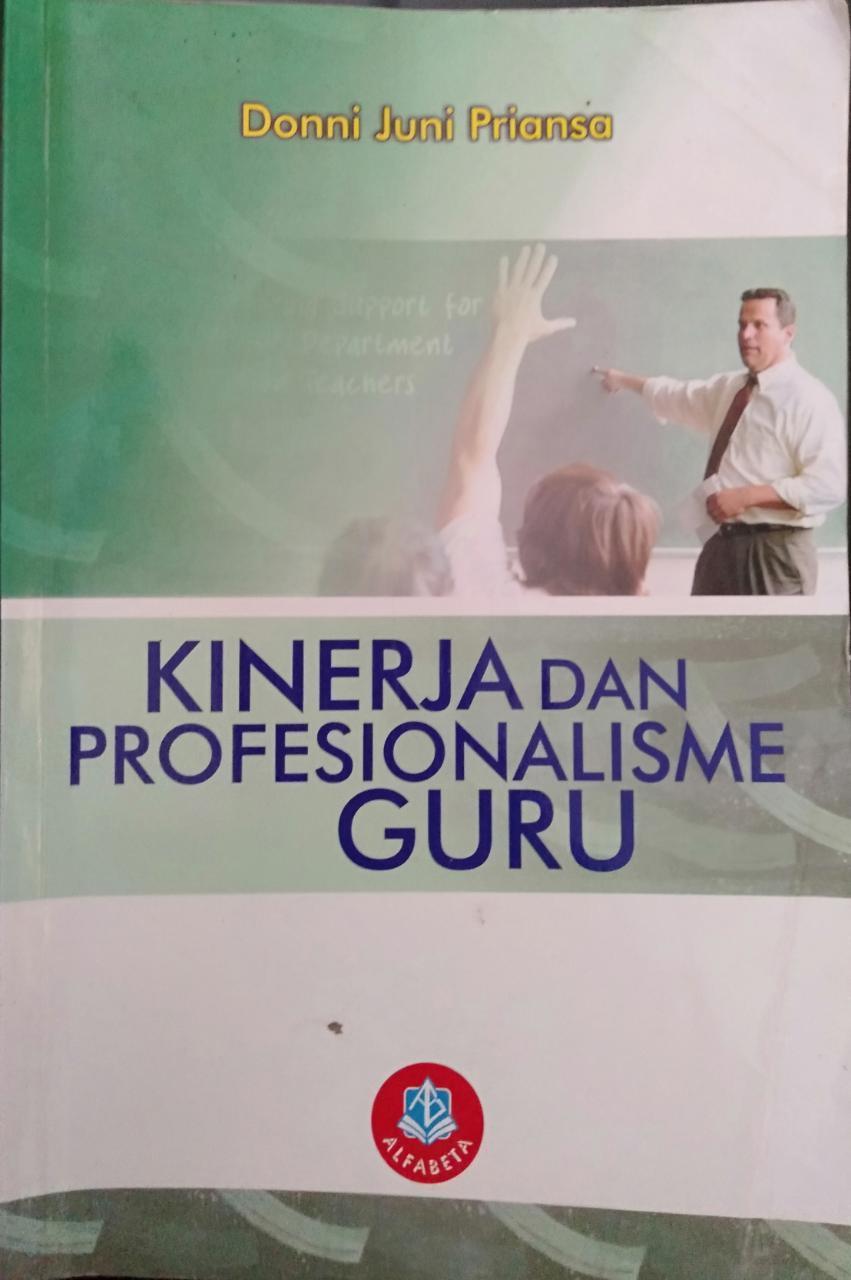Policy, Professionalism and Change
`This book does provide a useful, concise discussion of the legislative background to science in schools from the nineteenth century to the present day′ - Colette Murphy, British Journal of Educational Studies `This book makes a fascinating and compelling read, particularly for anyone who has a professional involvement or interest in the ′National Curriculum′.... For anyone with an interest in teaching science as a professional enterprise this book is a must′ - Joe McDowall, School Science Review `This book makes a fascinating and compelling read.... The insights provided are fascinating and reminded me of how, as a bust teacher, it is often difficult to see the wood for the trees!... For anyone with an interest in teaching science as a professional enterprise this book is a must′ - Joe McDowell, Science Education, Research and Practice Who wants to change school science education and why? What mechanisms exist to effect change? What implications do they have for teachers′ professionalism? These are the principal questions explored in this book. The authors focus on strategies for effecting change, including decentralized and statutory mechanisms, and the use of systems of assessment. The authors question the effectiveness of centralized programmes in improving the quality of students′ science education. They suggest that this arises from a failure to acknowledge the contribution that the science teaching profession must make to reform. They argue that sustained and effective change, embodying improvements in standards, depends upon promoting the initiative, authority and expertise of science teachers themselves, and upon finding a new balance between these professional characteristics and the political demand for accountability. Science Education will be of interest to teachers, policy-makers and researchers in any educational system which strives to raise the quality of science education in its schools.
For anyone with an interest in teaching science as a professional enterprise this book is a must′ - Joe McDowell, Science Education, Research and Practice Who wants to change school science education and why?










